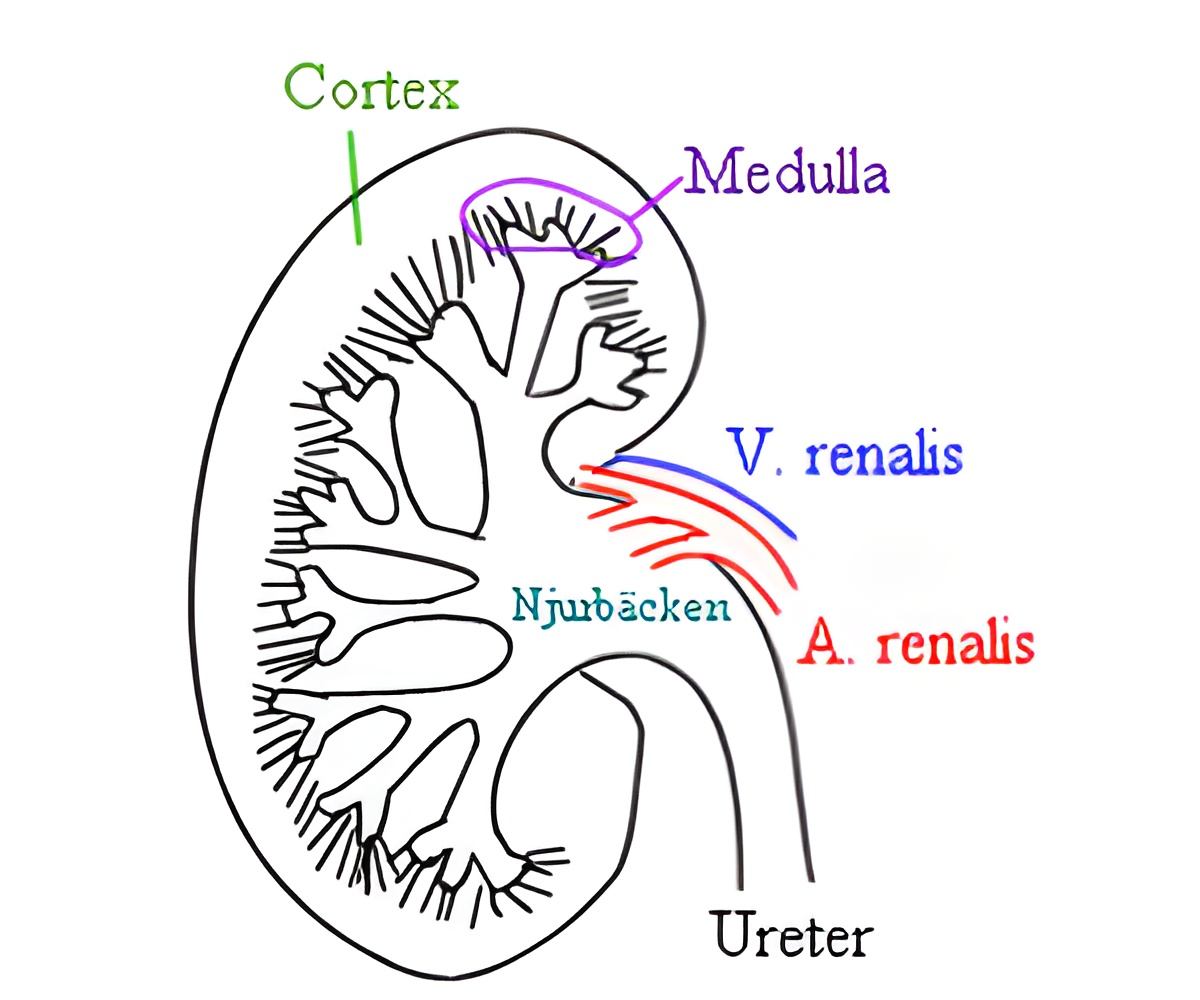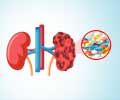A new study has found that patients with acute kidney injury who see a nephrologist within 90 days of being discharged from a hospital have a 24 per cent lower risk of dying.

Patients discharged from hospital following a heart attack who saw a cardiologist shortly afterward had a decreased mortality rate after two years.However, only eight percent of patients hospitalized with acute kidney injury requiring dialysis see a nephrologist within a year if discharge. Few studies have examined the impact of early nephrology follow-up on mortality. Dr. Harel's study examined 1,184 patients in Ontario who received follow-up care and matched them with similar patients who did not.
Patients who had a follow-up visit with a nephrologist were more likely to have pre-existing chronic kidney disease, hypertension, previous visits to a nephrologist and a kidney biopsy before hospitalization. They also had lower rates of sepsis, mechanical ventilation, cardiac surgery and admission to a teaching hospital. Patients who received early nephrology follow-up were also more likely to require chronic dialysis than those without follow-up. The mortality rate for patients with early follow up was 8.4 per 100 patient years, compared with 10.6 for those with no follow-up.Dr. Harel said the benefits to early follow-up with a nephrologist may be related to previous studies that showed nephrologists are skilled at recognizing and managing complications of kidney disease. Early follow-up may also allow for more timely interventions (such as medication to control blood pressure) and better access to health care.
"This study is another example of the importance of continuity of care in mitigating future adverse events," said Dr. Harel, a nephrologist whose research focus is patient safety.Dr. Harel noted that while a 90-day follow-up was recommended by Kidney Disease: Improving Global Outcomes, a global non- profit foundation dedicated to the care and outcome of kidney disease, widespread application of this advice might overwhelm some kidney programs. He said more research was needed to clarify optimal care for acute kidney injury patients and the role of nephrologists in their care.
Source-Eurekalert
 MEDINDIA
MEDINDIA




 Email
Email










